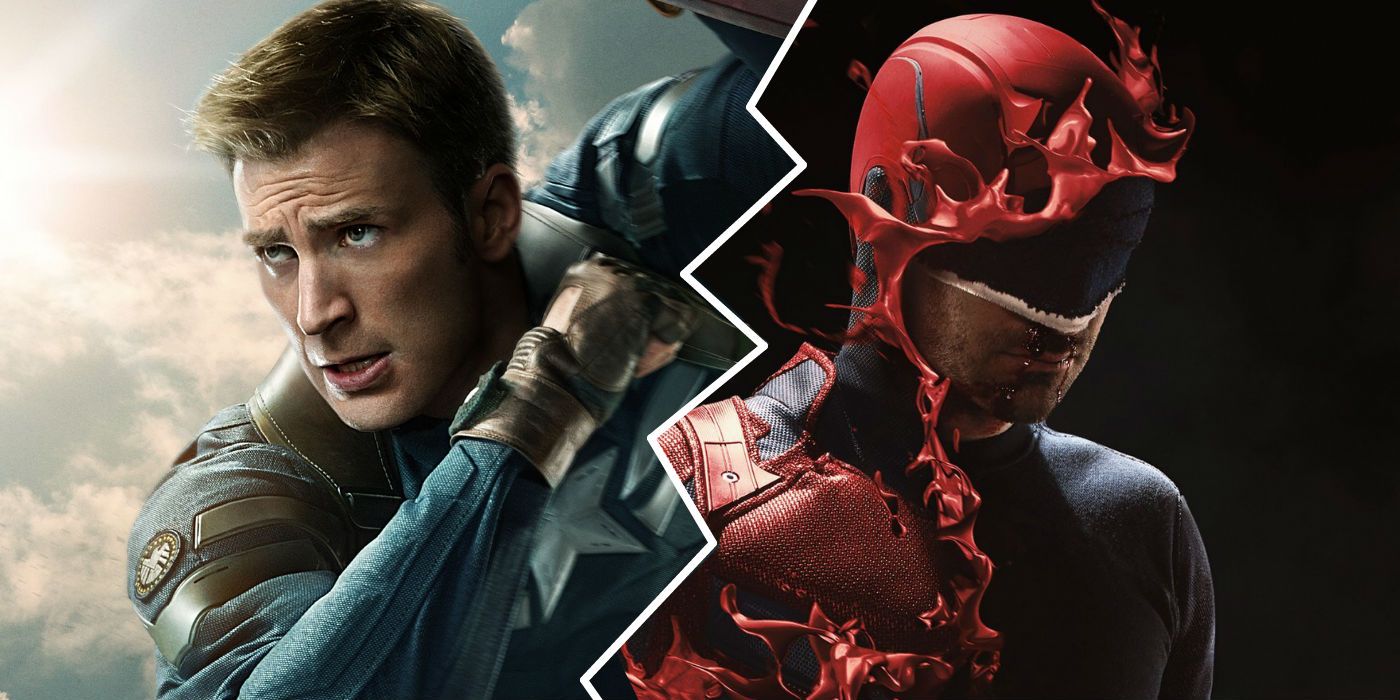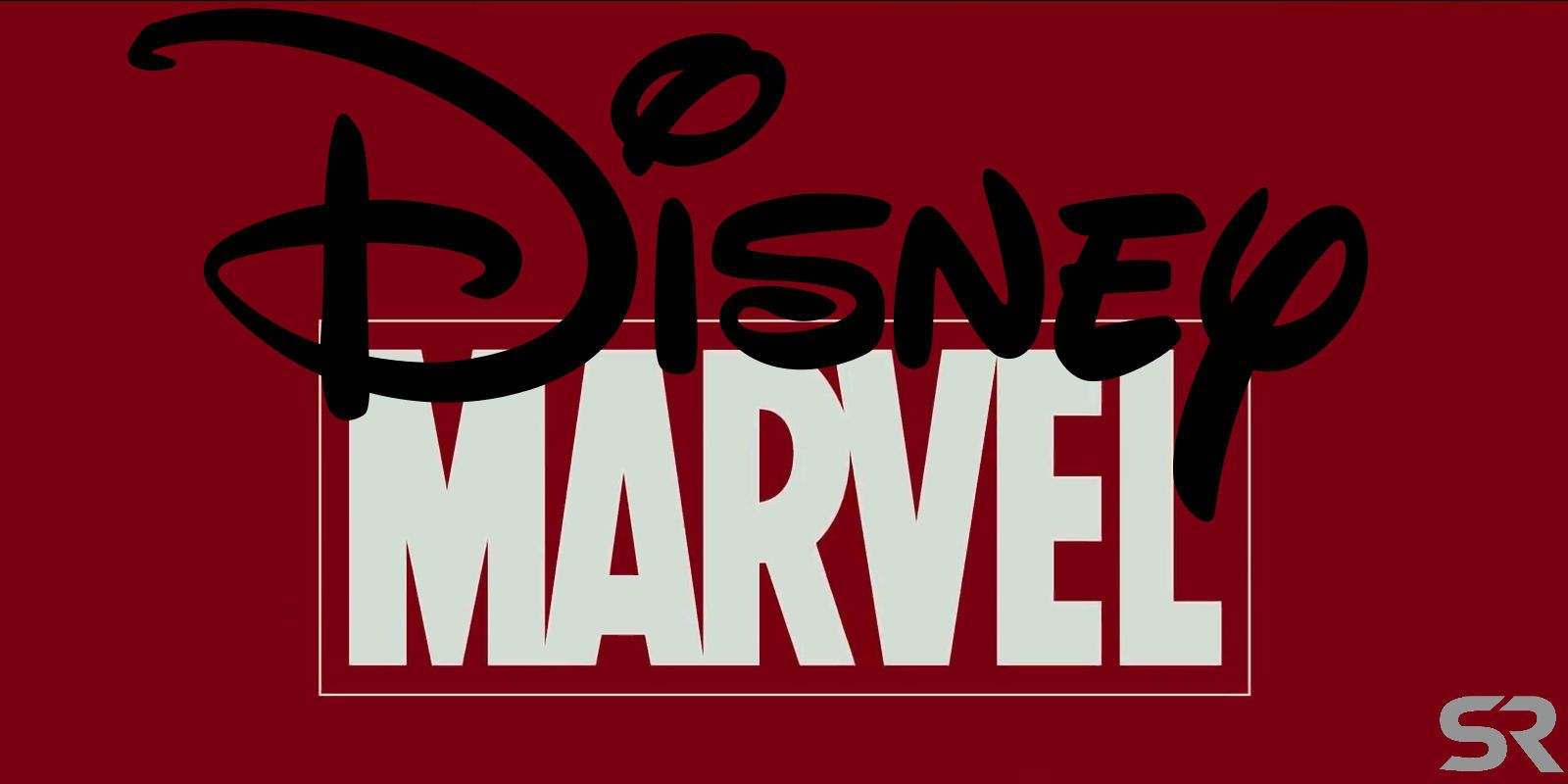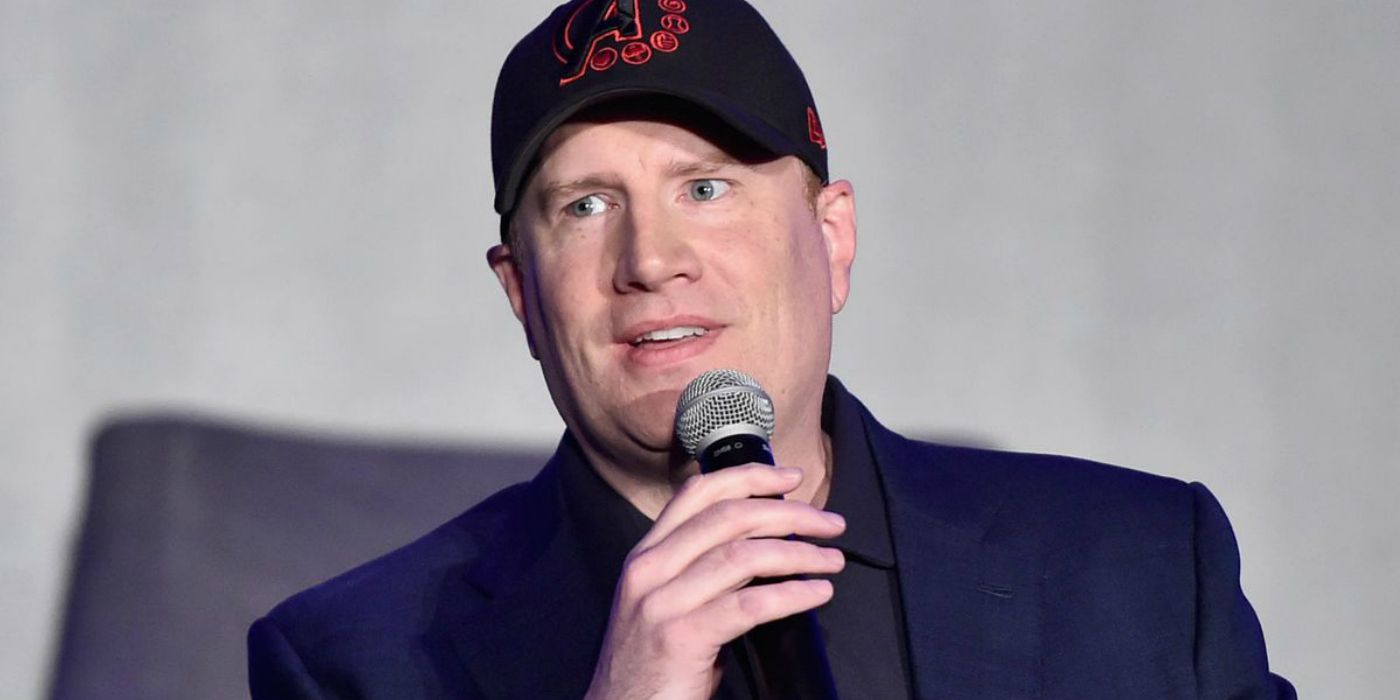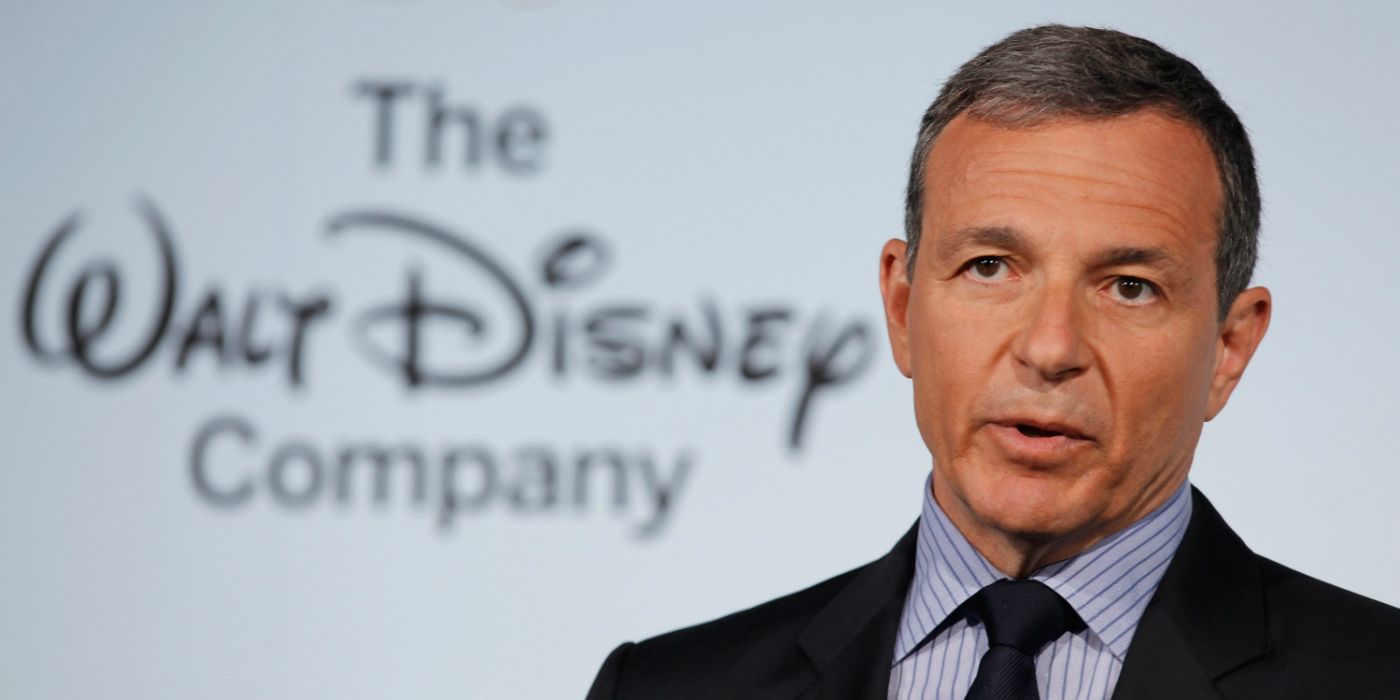Disney CEO Bob Iger has finally revealed the behind-the-scenes story of Marvel's corporate restructure in 2015, which led to the separation of Marvel Studios from the rest of Marvel Entertainment - including TV. Disney purchased Marvel Entertainment in 2009, after over a year's worth of negotiations with CEO Ike Perlmutter. At the time, Marvel was still a relative newcomer to the film industry, with the MCU in its infancy. Over the next few years, the stratospheric success of Marvel blockbusters proved the wisdom of Disney's decision - especially when The Avengers broke box office records in 2012.
Then, in 2015, something changed. Disney forced a corporate restructure, with Marvel Studios pulled out of Marvel Entertainment and established as a separate subsidiary. Kevin Feige, who had previously sat under Ike Perlmutter, now reported directly to Disney's Alan Horn. The old Marvel Creative Committee, a group of comic book advisers who had guided the first phase of the MCU, was disbanded. There were reports that this was all due to behind-the-scenes conflict, with more accounts emerging over the years.
Disney CEO Bob Iger has just published a biography of sorts, The Ride of a Lifetime, which recounts his career at Disney. It's a remarkably open and honest book, and spills the beans on a lot of the conflict and drama that goes on at Hollywood. It includes an astounding blow-by-blow account of the 2015 corporate restructure - and the reasons he believed it was necessary to get Feige out of Marvel Entertainment.
Disney Had A Perlmutter Problem
The problem began with Marvel's secretive CEO, Ike Perlmutter. Perlmutter had made a fortune buying up the debt of distressed companies and then taking control of them. In the '90s, that had meant Marvel, who'd nearly gone bankrupt when the comic book bubble burst. Perlmutter is famously hands-on, and seems to have a well-earned reputation for penny-pinching. In his book Marvel Comics: The Untold Story, Sean Howe recounts one occasion when Perlmutter learned that staff were involved in a Fantasy Football League, and responded by confiscating all the computers. Iger's portrayal of Perlmutter certainly doesn't contradict his reputation; he remembers the first time he walked into Perlmutter's office, and how he was struck by the barrenness of it. "They were spartan," he observes. "[His office] was tiny and unadorned: a small desk, some chairs, small tables and lamps. No expensive furniture or sweeping view, very little on the walls. You'd never know that it belonged to the CEO of an entertainment company."
All that meant Perlmutter was a poor fit for the Disney-era Marvel, where the movies were becoming the core business. In Iger's view, Perlmutter looked at Hollywood culture with absolute contempt. In Hollywood, risks are a part of life; you can have the best team assembled, and things can still go horribly wrong (as the Avengers themselves have learned). But Perlmutter was risk-averse, and objected to any potential waste of money. "The movies were performing well," Iger explains, "but they were getting more expensive, and Ike began to treat his own people with distrust and disdain, as if they were in cahoots and taking advantage of him." It didn't help that Perlmutter was situated in New York, while the movie side of things - headed by Kevin Feige - was at Manhattan Beach. Although Iger doesn't mention the Marvel Creative Committee, it's worth remembering that all the figures involved in that group would have been based in New York as well, and would have reported directly to Perlmutter.
Ike Perlmutter's Conflict With Kevin Feige
The tales of creative conflict behind the scenes at Marvel have become the stuff of legend. Rebecca Hall signed on to Iron Man 3 expecting to play a substantial role as a major antagonist, but the plot was switched because Marvel didn't think toy sales for a female villain would be as good. Conflict on Thor: The Dark World led director Patty Jenkins to drop out, causing Natalie Portman to step away from Marvel for a while. And Avengers: Age of Ultron became so divisive that the experience of writing and directing the film "broke" Joss Whedon. According to Iger, though, there was a personal dimension to all this kind of interference. It was directed straight at Kevin Feige.
"Kevin is one of the most talented film executives in the history of filmmaking, but Ike treated him like an adversary rather than a partner or employee," Iger reflects. "It manifested itself in subtle and ubsubtle ways. Ike wouldn't give Kevin the budgets he needed to get the actors he wanted or to achieve certain levels of production he wanted to achieve. He spoke to him with complete contempt and fought with Kevin over everything - actors' contracts and production costs and consumer products possibilities, or the lack of them." According to Iger, the experience was devastating for Feige. He lost weight, and his health suffered. Events were building to a head.
There have long been reports that the third Captain America film caused something of a civil war in Marvel itself. The inclusion of Robert Downey Jr.'s Tony Stark inevitably meant that the budget would be far higher; he's believed to have taken home a paycheck of $40 million, with a $5 million bonus based on box office targets. Perlmutter objected to this kind of salary, and argued that Iron Man's role should be replaced by that of another character in order to keep costs down. Feige disagreed, and the conflict escalated to the point that Feige considered quitting. He finally told Disney's Alan Horn that he was thinking of leaving the film industry itself.
Disney Forced Marvel's Corporate Restructure
Iger seems to have long had a sense that something was wrong at Marvel, but Ride of a Lifetime suggests that he's fairly hands-off, trusting his people to make their own judgment calls. Indeed, that appears to be one of the reasons Perlmutter agreed to sell to Disney in the first place; he understood that he'd retain creative freedom as CEO of Marvel Entertainment. Still, for some time Perlmutter had been telling Iger that he was having trouble with Feige, and that he was thinking of replacing him. But he'd never come up with any solid proposals, always saying he needed more time to think about it, and Iger hadn't pushed the issue. Now Horn informed Iger of his conversation with Feige, and the two eventually decided a major corporate restructure was necessary.
According to Iger, they gave Perlmutter one last chance. He and Horn flew down to New York to have dinner with Marvel's CEO, and they told him they were there to draw a line under the issue. "You're making Kevin ill with the way you're treating him," Iger recalls saying. "You're driving him out of the company, and I can't have that." It sounds to have been a singularly uncomfortable experience, with Perlmutter insisting that Feige couldn't be trusted. But, again, he had no alternative proposals. The decision was made; Marvel Studios would be pulled out of Marvel Entertainment, with Feige reporting in directly to Alan Horn, and the Marvel Creative Committee was disbanded.
-
It's a matter of record that the decision was the right one. The modern Marvel Studios seems to have morphed into a very different company to the divided one Perlmutter ran; "I think everyone trusts each other more," the Russo brothers observed in one interview. Films that Perlmutter opposed, such as Black Panther and Captain Marvel, have proved to be tremendous successes; those two each grossed over $1 billion in the global box office. Old wounds have healed, to the extent that Natalie Portman is returning to Marvel for Thor: Love and Thunder. And a lot of the credit goes to Marvel Studios president Kevin Feige, whose now-unrestrained vision for the MCU has taken the franchise to new heights, and who is now broadening his reach to embrace Star Wars as well.










